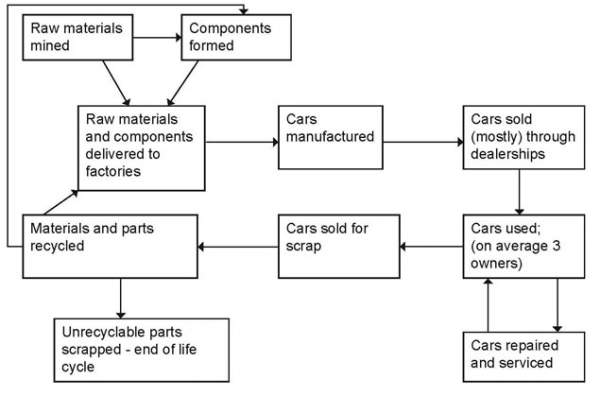According to our friends M.H. from Sri Lanka and O.G. from Nigeria their IELTS exams on the same day in these two countries were the same. Here are the topics and questions they collectively remembered:
Reading test
Passage 1. A text about the effects of using up our ocean’s resources and overfishing on the marine life.
Passage 2. How insects make decisions as a group.
Passage 3. Appearance and personality: the way people’s faces correlate with their personalities.
Writing test
Writing task 1 (a report)
We were given two plans of a university’s sport centre, one from 1990 and another from today, with some structures on them.
Writing task 2 (an essay)
Friendly robots are now being developed to help people at work and at home. Do you think the positive effects of this development outweigh the negative? Give reasons for your answer and include relevant examples from your knowledge or experience.
Speaking test
Part 1 (Interview)
– What is your full name?
– What shall I call you?
– Where is your hometown?
– Do you work or study?
– What is your day like at the office?
– Who has helped you the most at work?
– Let’s talk about dreams.
– How often do you remember your dreams?
– Do you think dreams have meaning?
– Do you enjoy hearing about other people’s dreams?
– Do you use a mobile phone?
– Do you send text messages on your phone?
– Are there places where you can’t use mobile phones?
Part 2 (Cue Card)
Talk about a gift you would like to give to a friend. You should say
– what the gift is
– how valuable it is
– why you chose this gift.
Part 3 (Discussion)
– Let’s talk about gift-giving in your culture.
– On what occasions do people receive gifts in your culture?
– What kind of things do people give as gifts on these occasions?
– What is more satisfying, gift-giving or receiving? Why?
https://ift.tt/zPDrHv0u5
from IELTS-Blog https://ift.tt/aS8tImMbw
via IFTTT
